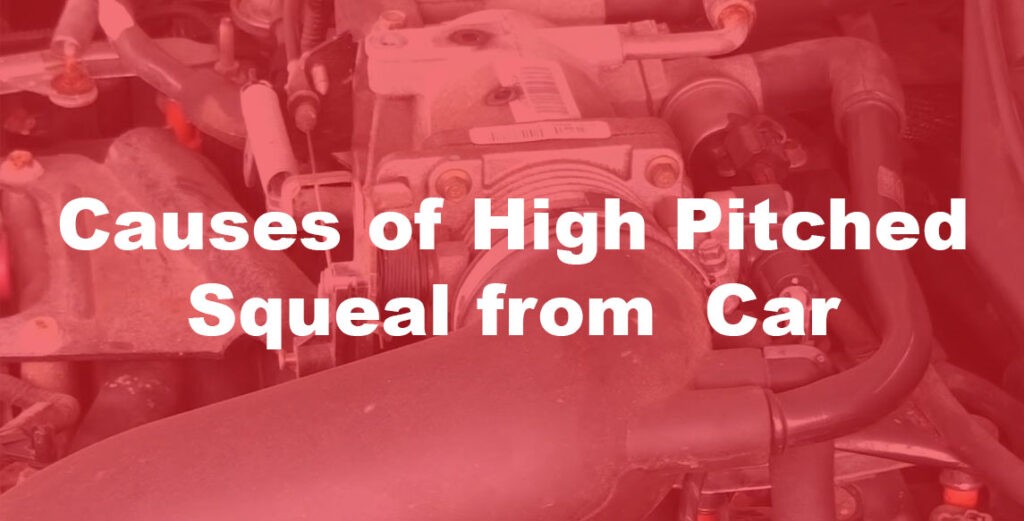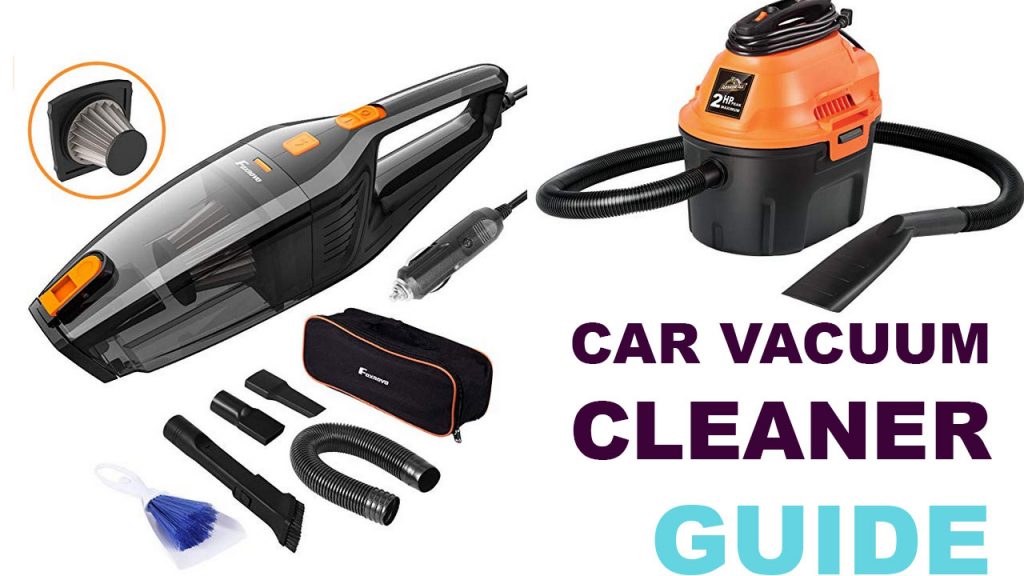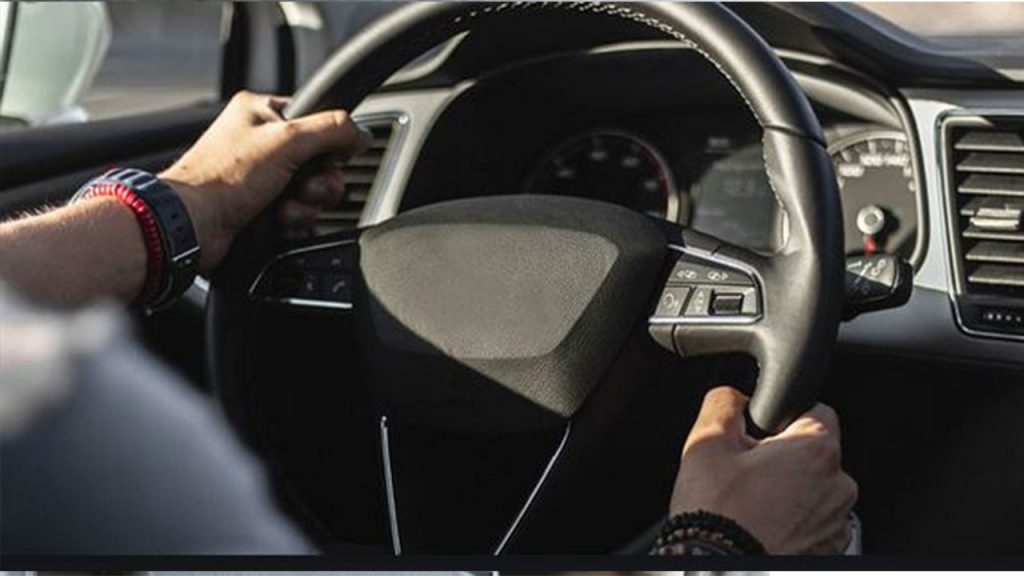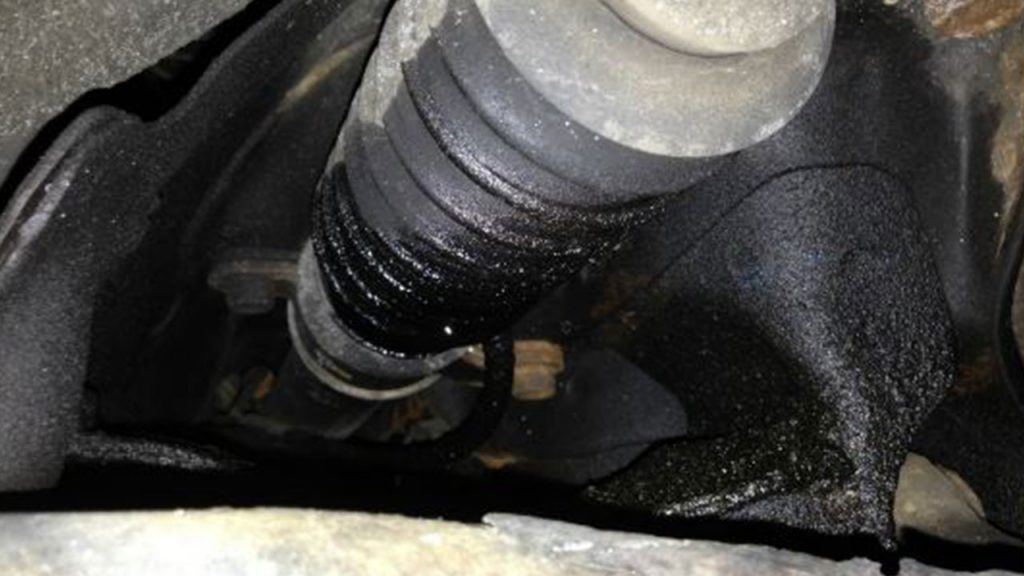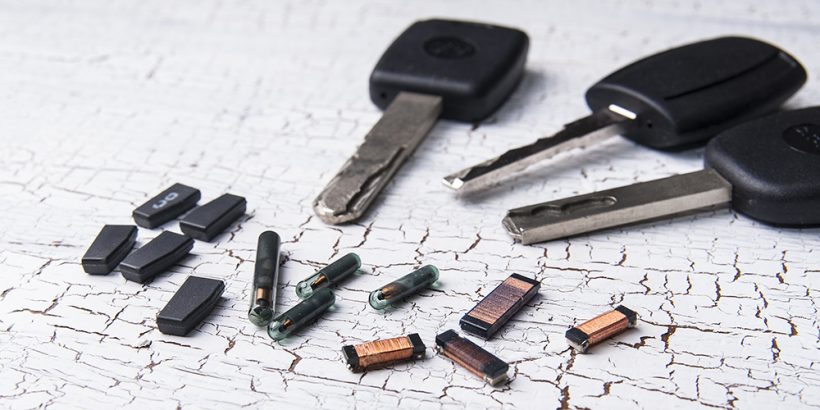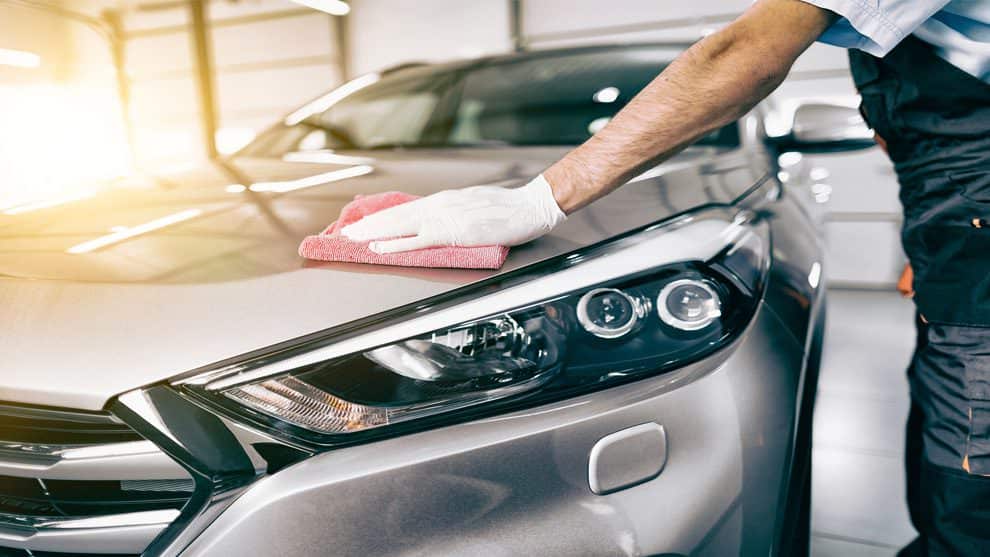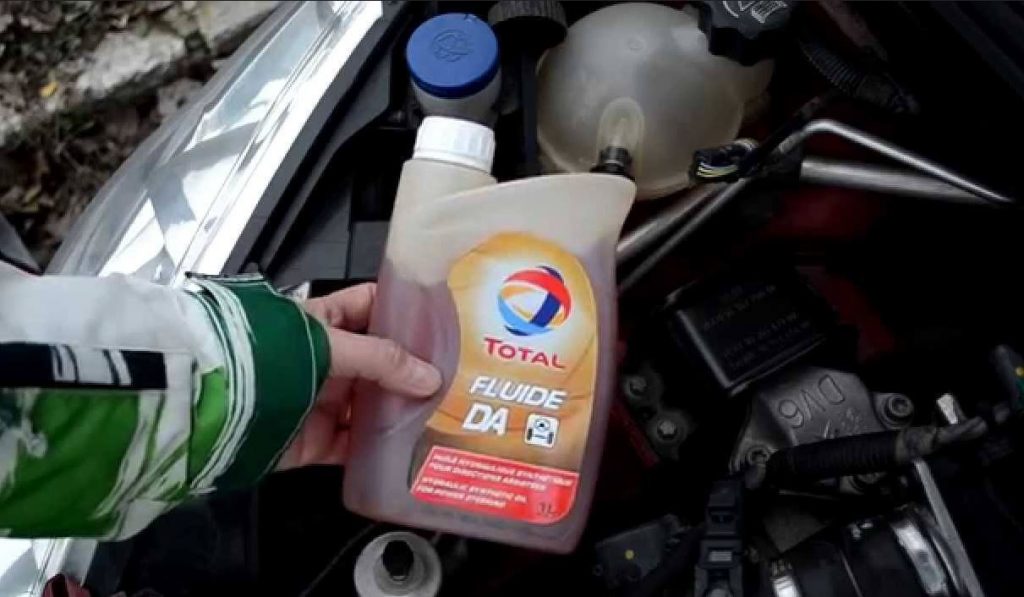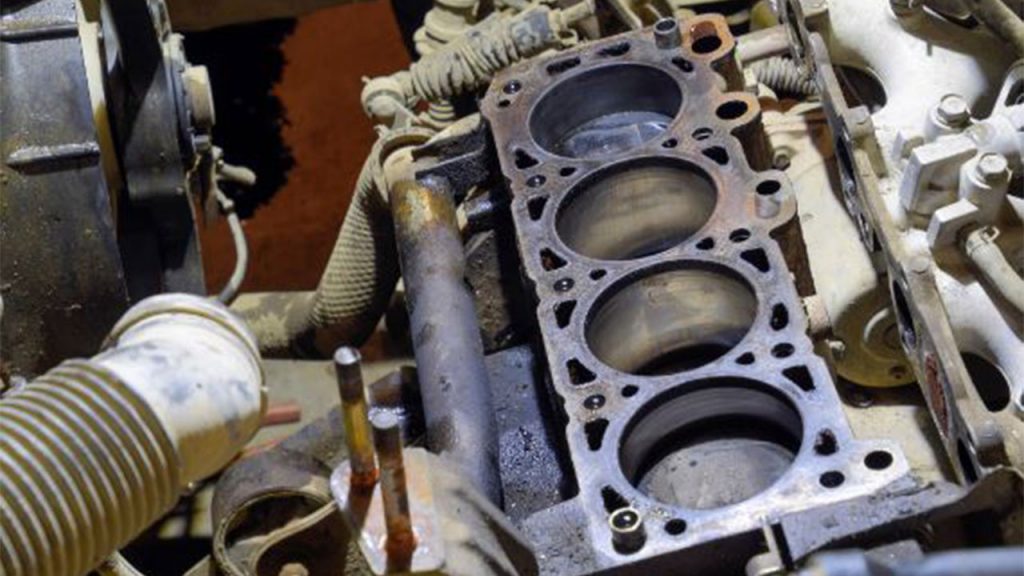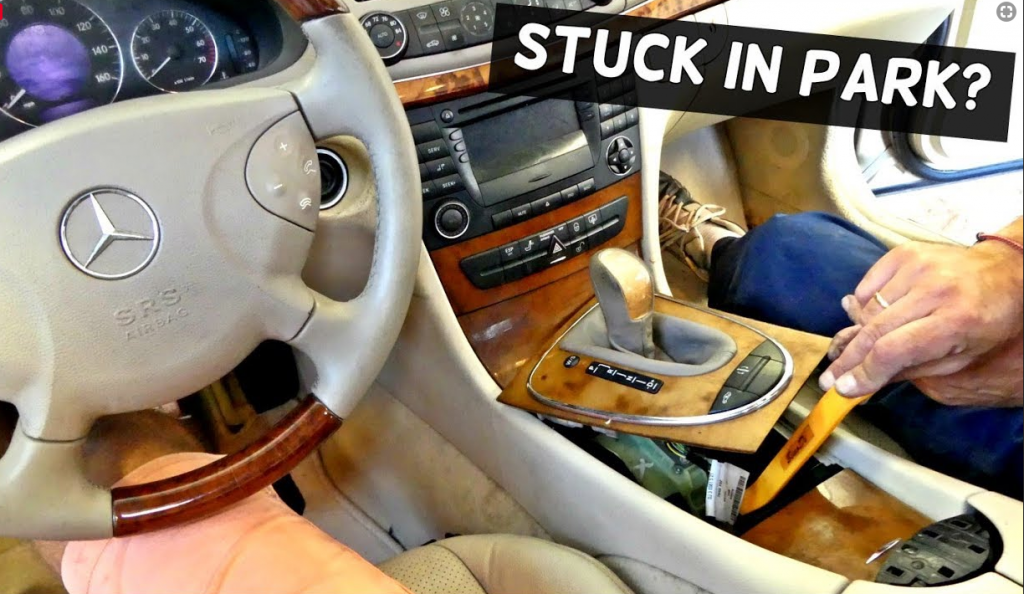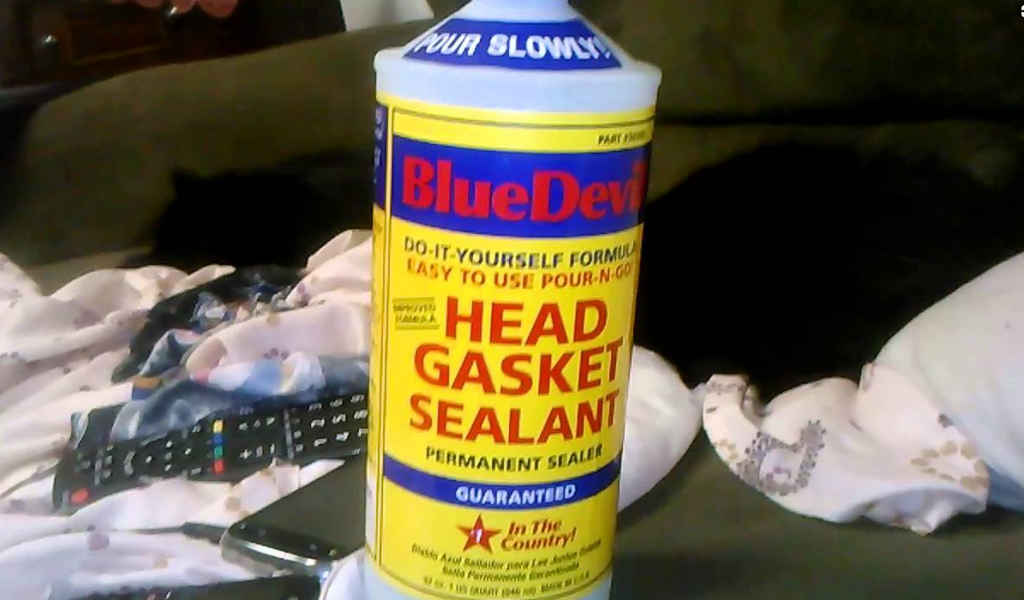Last updated on July 31st, 2023 at 09:06 pm
A high-pitched squealing noise is a sign that a part or multiple parts of your car is bad. Unusual noises coming from your car when driving either fast or slow can be embarrassing and give you concern. These noises are actually helpful as they are signs that let you know that there is a problem. They also give you an idea of what the problem might be and how to fix it.
The day the noise starts might not be the day that your car developed the fault. It can be a result of a faulty part that is about to give way. Most times, the noise may be more than the problem, but it doesn’t mean that it should be taken lightly. Whether it is a high-pitched squeal, chirping noise, loud screeching, or squeaking, the cause can be determined.
To find out the causes of these different sounds when you are driving, I will start by telling you the causes of high-pitched squeals from your car when moving.
Going further, I will explain why you hear a chirping noise while driving but not when brakes are applied, the cause of the squeaking noise from wheels when driving, what the cause of a high-pitched squeal from the car when accelerating is, the reason for the loud screeching noise from your car while driving, what causes a car to make high-pitched noise when off, why your car makes noise when you start it, and finally, the reason why your car makes a squeaking noise when you are driving slow. related article Causes of Noise When Turning steering wheel while stationary
Causes of High Pitched Squeal from a Car When Moving
You may hear this high-pitched squeal from your car while moving because of a handful of faulty parts. These parts can require minor or major repairs. Anyone it is, it has to be looked into and fixed to avoid costlier expenses from damages caused by neglect, and worst, the breakdown of your car.
The causes of high-pitched squeal from a car when moving are: slipping serpentine belt, worn brake pads, failing power steering pump, and bad pulley bearings.
1. Slipping Serpentine Belt
When the serpentine belt is slipping, you will know by the high-pitched squeal it would produce when you are driving. The belt has an automatic tensioner that keeps it at the right tension. If the tensioner goes bad or the pulley becomes loose, the belt can slip. The belt can also slip if it is out of alignment, too loose, too tight, or worn. Whatever makes the belt slip, be it a bad tensioner, a loose pulley, or a worn belt, don’t overlook it because having the belt break when driving is dangerous.
2. Worn Brake Pads
Worn brake pads contact the brake rotors and create a high-pitched squeal that can be bothersome. This is however easy to detect. The squeal is the brake pads’ way of telling you that it’s time to replace them. Ensure to replace the brakes on time before the brake rotors get destroyed. Brake-related problems can cause the brakes to fail and endanger your life and that of other drivers.
3. Failing Power Steering Pump
The power steering pump is a part of the power steering system. It is a hydraulic system that requires special fluid. When this fluid gets low it affects the pump and it begins to fail. This failing causes the high-pitched squeal that you hear. The power steering pump can also fail if it is over-strained or worn out.
4. Bad Pulley Bearings
When moving, bad pulley bearings are bound to make a high-pitched squeal. There are several pulleys connected to the serpentine belt and they all have bearings. These pulleys are the idler pulley and the pulleys of the power steering pump, air conditioning compressor, engine water pump, air pump, and others. The bearing of any of these pulleys can get bad and when it does you will know by the squeal.
What is Causing the High-Pitched Squeal from My Car When Moving But Stops When Braking?
The high-pitched squeal you hear from your car when moving can be caused by bad pulley bearings, failing power steering pump, worn brake pads, or slipping serpentine belt. The applied pressure causes these faulty components to stress, thereby making them produce the high-pitched squeal that you hear. When the pressure applied to these components reduces, you will not hear the squeal. This is the reason why the squealing stops when you apply the brakes, as all the pressure reduces.
Why Do I Hear a Chirping Noise While Driving But Not When Brakes are Applied?
Two things can cause you to hear a chirping noise while driving that stops when you apply the brakes. Depending on where the noise is coming from, it can be caused by the power steering belt or the wheels. The reason why you do not hear the sound when you apply the brakes is that the pressure on the belt or wheel is no longer there.
To know, you will have to first find out where the chirping is coming from.
1. The Power Steering Belt
If the noise is from the power steering belt (it can be a V-belt or a serpentine belt), then it is either that the belt is cracked, glazed, or loose. Whichever it is, the belt needs to be replaced as soon as possible. It is an indication that the belt is wearing and if not replaced in time, it can cut while you are driving.
2. The Wheels
If the noise is coming from the wheels, it might be kind of rhythmic. It is a way of letting you know that something is contacting the wheel as it rotates. Check the wheels to see what it is and have it fixed.
Cause of Squeaking Noise When Driving From Wheel
If you hear a shrill cry or noise like a squeak coming from your wheel when driving, I’d advise you to slow down and pack your car to inspect the wheels. This squeaking noise can be caused by the wearing of the tires, misaligned wheels, bad roads conditions, or bad wheel bearing. The noise is just a way of telling you that there is a problem you need to get fixed and going to see an auto mechanic should be top on your list.
1. Wearing of the Tires
Parts of the tire like the tread, wheels, springs, shock absorbers, and others, constantly hit the road and gallop in potholes. This causes them to wear and make squeaking noise as you drive with them.
2. Misaligned Wheels
This is another cause of the squeaking noise from your wheel while driving. If your wheels are misaligned, they will even make your car shake if you drive at a high speed. This can also lead to the wearing of the tires and then the noise will be inevitable.
3. Bad Roads Conditions
Driving on bumpy roads with rough patches can make your wheels protest by making noise. This is worst if your tires are not in good condition. If you get to drive on a bad road for a prolonged period, your tires will pick up debris that will wear them out and eventually make them squeak. You can experience this if you get to travel to a new state where the road conditions are not as good.
4. Bad Wheel Bearing
A squeaking noise coming from your wheel can be an indication of a bad bearing. This noise might increase when your speed increases because the bearing gets strained. A bad wheel bearing will make your steering wobbly and also wear the tire over time.
What is the Cause of a High-pitched Squeal from Car When Accelerating?
A high-pitched squeal from a car while accelerating is usually caused by a loose or worn serpentine belt. This is the belt that drives accessories like the water pump, alternator, power steering pump, air conditioning compressor, and air pump. The best solution to this is to have the belt replaced to avoid it breaking and causing more damage.
Reason for the Loud Screeching Noise From Car While Driving
Hearing your car make a loud screeching noise while you are driving can make your headache from worry. It can even be embarrassing, to say the least. Loud screeching is caused by failing and wearing car parts. These parts are the engine bearings, serpentine or V belt, power steering pump, air conditioning compressor, alternator, idler pulley, and the components of the brake. They are the reason why you hear the loud screeching while driving.
The bearings in the engine wear because of poor lubrication. However, if there is a leak in the intake system and the air is let out, it can cause a loud screeching noise.
Cause of a Car Making High-pitched Noise When Off
A high-pitched noise made by a car when turned off can be attributed to leakage from a damaged engine component. It could be coolant, oil, or water that is leaking onto the heated engine. Whichever it is, it is not a good sign and if not looked into and fixed soon will damage other parts.
Why Does My Car Make a Noise When I Start it
There are several types of noise that can be heard from a car. If you notice any sound when you start your car, it is a sign that there’s something that might be wrong with a part of the engine, the wheels, or the brakes. Whichever it is can be determined by where the sound is coming from. When you notice any noise, immediately have a certified technician look into it.
Reason for Car Making Squeaking Noise When Driving Slow
When pressure is added to the parts of a car when driving, faulty parts can make different sounds but when less pressure is applied when driving slow and there is a squeaking noise then it calls for serious concern. There are reasons why this can happen. It could be faulty brake pads, worn-out parts, poor lubrication, and a buildup of dust and debris. Knowing these reasons will help you know what to do.
1. Faulty Brake Pads
Brake pads are prone to wearing. When your brake pads are worn, the metal inside them scrapes against the rotor. This makes a squeaking noise as a way of telling you that you need to have it replaced. Many things can contribute to the wearing of brake pads including the durability of the material it is made of. You may have changed your brake pads recently and noticed this squeaking noise. It means that the material used in making it is of low grade.
2. Worn-out Parts
The parts of cars can experience wearing and tearing, especially when they are not properly and regularly maintained. Parts like the serpentine belt, alternator bearings, suspension system, wheels, and cam belt. When one of these parts gets worn it can affect another. A way of knowing that it is worn is by the squeaking noise it makes.
3. Poor Lubrication
When the parts of a car are not well lubricated, they tend to rust and more pressure is placed on them when driving, no matter how slow. The adverse effect is that these rust metals would produce squeaking noise when rubbing against themselves. An example of such metal is the backing plates inside the brakes.
4. Buildup of Dust and Debris
When substances like dust, stones, and sand get into parts of the car engine or brakes, they are considered foreign. This is because, firstly, they are not meant to be there, and secondly, they cause damage. Dust and debris affect the performance of these parts and produce annoying squeaking noise when grinding against each other. They can also cause wear and tear.
Related Articles:
- 5 Causes Of Hard To Turn Steering Wheel + Solution To Stiff Steering Wheel
- Wheel Bearing Noise Diagnosis +Rear & Front Wheel Bearing Noise Symptoms

Hi dear, my name is Jeffery Ekweghi, and I am a certified mechanic and autobody parts technician. I created this site to share my expertise and experience with car lovers looking to resolve their car-related issues. I am certified in private cars and heavy-duty commercial vehicles. I have worked as a mechanic since 2015 and have experience in vehicle brands like Subaru, Jeep, Toyota, TATA, BMW, Mazda, Honda, Nissan, Kia, TVs, and Others; however, I primarily specialize in Toyota vehicles.

